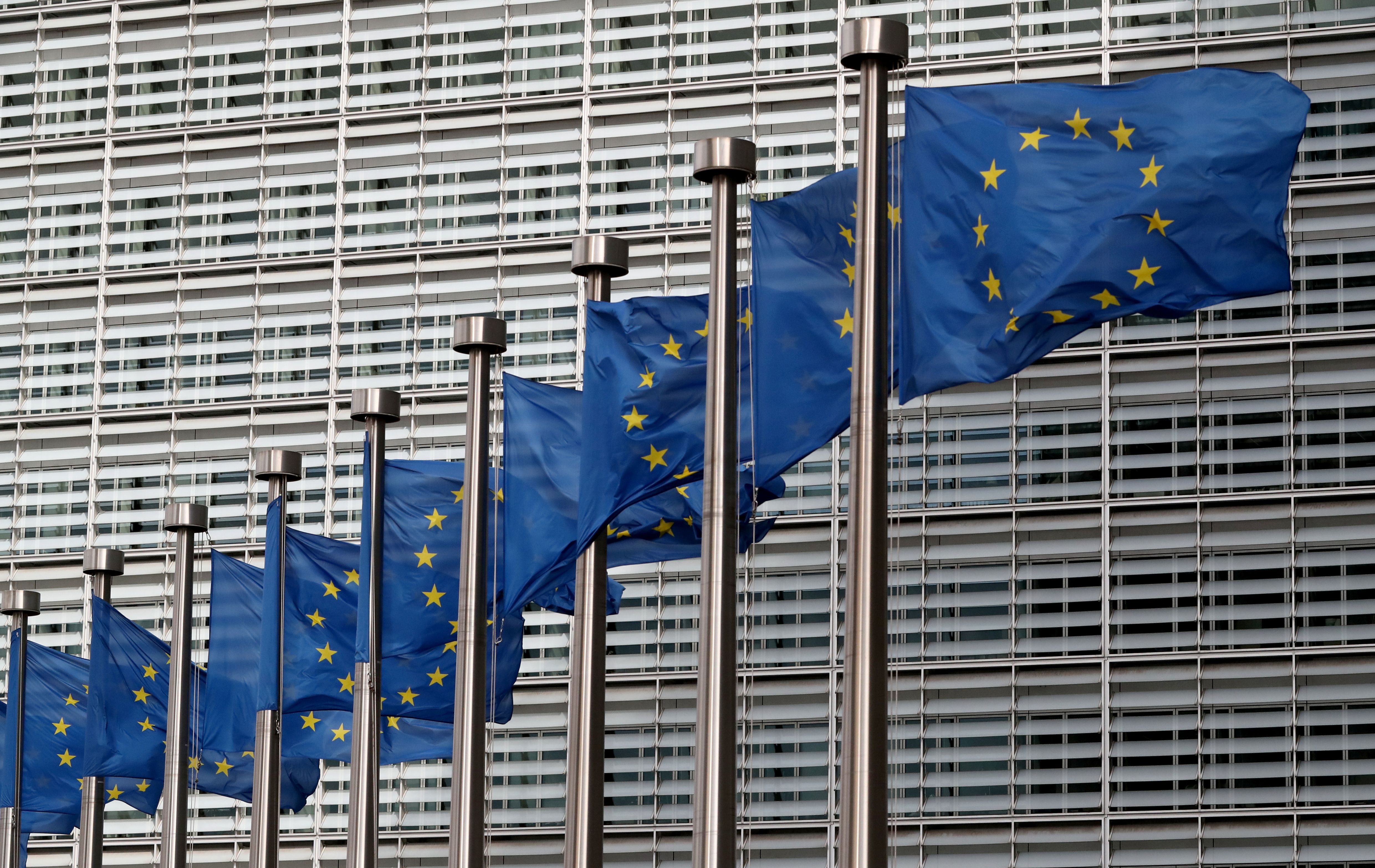
Proceedings and Judgment
The case concerned the compliance with EU legal obligations to indicate the origin of food products produced in Jewish settlements in the territories occupied by Israel since 1967—the West Bank (WB, with East Jerusalem) and the Golan Heights (GH)—introduced by France in 2016. Apart from the geographical area (WB, GH), the labelling particulars of such food must include information that it was produced in an Israeli settlement. The European Jewish Organization and the Psagot Winery, which is in the WB, demanded that this obligation be waived. The French Ministry of Economy and Finance justified its introduction by the requirements of EU Regulation No. 1169/2011, which specifies that information on food labels should not mislead the consumer, including as to the place of origin of the products. Eventually, the case went to the Council of State (the highest administrative court in France), which requested the CJEU interpret the rules.
The CJEU agreed with the ministry that, in light of Regulation 1169/2011, the origin of food from settlements established by Israel in the occupied territories must be clearly indicated. It emphasised that the WB is an area where Palestinians have a right to self-determination and that the GH is part of Syria. The establishment of Israeli settlements in these locations is contrary to international humanitarian law, namely Art. 49 of the Fourth Geneva Convention, which prohibits the transfer of the population of an occupying power to the territory it occupies. Labelling food produced in the WB or GH as originating in Israel or even in these territories without mentioning it is made in the settlements, is insufficient. Doing so, the court noted, deprives consumers of the possibility to make a conscious choice whether they want to buy goods produced in a place related to a violation of international law; the purpose of Regulation No 1169/2011 is precisely to ensure that they can make such choices, motivated, for example, by ethical reasons.
Legal Significance and Political Context
The judgment of the CJEU is a preliminary ruling—it deals with an issue of EU law in response to a request from a court of one of the Member States. The parties to the dispute could not appeal it and it is final. In accordance with the principle of uniform application of EU law, the authorities of EU Member States are required to respect the interpretation of the provisions of the judgment. This means that EU members should implement solutions that ensure their legislation complies with the court’s decision without delay. In practice, the enforcement of such an obligation requires the initiation of infringement proceedings by the European Commission (EC) or an EU Member State and the establishment of a violation of EU law by the CJEU. This process currently takes about 3–4 years.
Israel has condemned the ruling, accusing the CJEU of applying a double standard because similar judgments were not made in the context of products from other “disputed” territories (e.g., Northern Cyprus or Western Sahara). Israeli politicians and Jewish organisations imputed that the verdict supports the systemic boycott of Israel or claimed the labelling of goods from settlements as anti-Semitic. Foreign Minister Israel Katz announced diplomatic actions at the bilateral level to counteract the labelling requirement.
The EU’s opposition to settlements in the territories occupied by Israel remains one of the main points of contention in EU-Israel relations. The issue of labelling products from settlements has primarily a political and symbolic nature, while the economic dimension of the dispute is limited. According to unofficial estimates, the share of products from the occupied territories in Israeli exports to the EU does not exceed 1%, nor are they exempt from tariffs under the Israeli-EU Association Agreement. The CJEU ruling only pertains to food, not all goods, and applies only to labelling, and does not introduce a ban on imports. This aspect of the ruling was emphasized by the EC, which indicated that the EU does not support boycotts or sanctions against Israel. Differentiating the status of settlements is indirectly accepted by Israel itself in exclusions of the WB and GH from EU support programmes, e.g., “Horizon 2020”, or from bilateral free-trade agreements (e.g., with South Korea). The labelling issue is not unique to the EU—a similar ruling was issued in July 2019 by the Federal Court of Canada.
Intra-EU and Transatlantic Aspect
The policies of EU states regarding the labelling of goods from Israeli settlements remain varied. So far, recommendations from EU institutions in the form of an EC interpretative note issued in 2015 have not been widely implemented and some countries (including Hungary, Greece, the Czech Republic) at the time declared their opposition to such an obligation. Israel-supporting EU members may delay or limit modifications of their national legislation or the enforcement of existing laws. This would complicate maintaining a consistent EU position. The judgment may also provide an impulse for initiatives extending the provisions on labelling to all cases of occupation (as called for in a resolution by the House of Representatives in the Netherlands) or introducing stricter measures (the Irish parliament is proceeding with a ban on imports from any occupied territories).
In the dispute with the EU, Israel can count on the support of the U.S. administration, which opposes all forms of economic and political pressure on its ally. Secretary of State Mike Pompeo expressed concern over the CJEU ruling, stressing that it would strengthen the milieus calling for a boycott of Israel, above all the BDS (Boycott, Divestment, Sanctions) movement, which the current U.S. authorities regard as anti-Semitic. The differences in the U.S. and EU approaches were reinforced by the State Department’s change in the legal interpretation of the status of settlements in the WB (announced a few days after the EU court ruling), which in its current form rejects their illegality under international law. In addition, the number of state-level acts penalising Israel boycotts is growing (similar laws are proposed in the U.S. Congress). Therefore, it cannot be ruled out that if labelling is more widely implemented, there will be legal disputes between companies from the U.S. and the EU regarding the trade in Israeli goods from the WB and GH. The U.S. also will support Israel through diplomatic pressure on the EU, its members, and other countries considering labelling.
Conclusions
Although the judgment of the EU General Court will have limited economic consequences for the EU, some of its members may contest it and delay the required legislative changes. In addition, it will generate tensions on three levels: EU-Israel, EU-U.S., and intra-EU. Israel will exert diplomatic pressure on EU states to delay the adoption of legislation implementing the ruling of the EU court. The possible government change after the next elections in March is unlikely to make the Israeli position more flexible. There is no chance for a change in U.S. policy for now because support for Israel is one of the most emphasized aspects of Donald Trump’s presidency. In terms of countering divisions within the EU, much depends on the new leadership of the EU institutions (especially the EC), their vision of relations with Israel, and their approach to states that may ignore the CJEU’s ruling.
At present, all steps taken against products from the WB and GH (e.g., determining the scale of actual imports to the EU) will be interpreted by Israel and the U.S. as an interlude to a boycott. Therefore, it would be advisable to develop a uniform EU policy and clear criteria for imports of products from all occupied territories (not only those occupied by Israel), which would help to avoid the double standard accusations. It would also strengthen the EU’s position as an entity promoting the rules-based international order.





